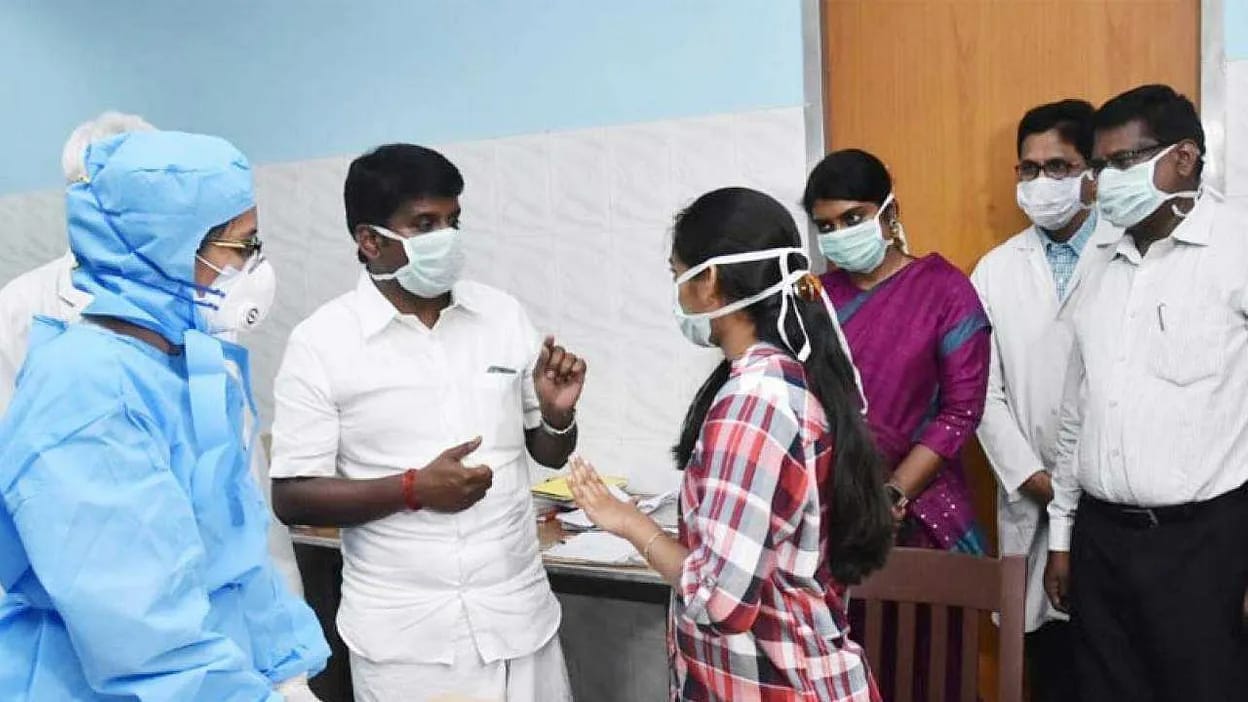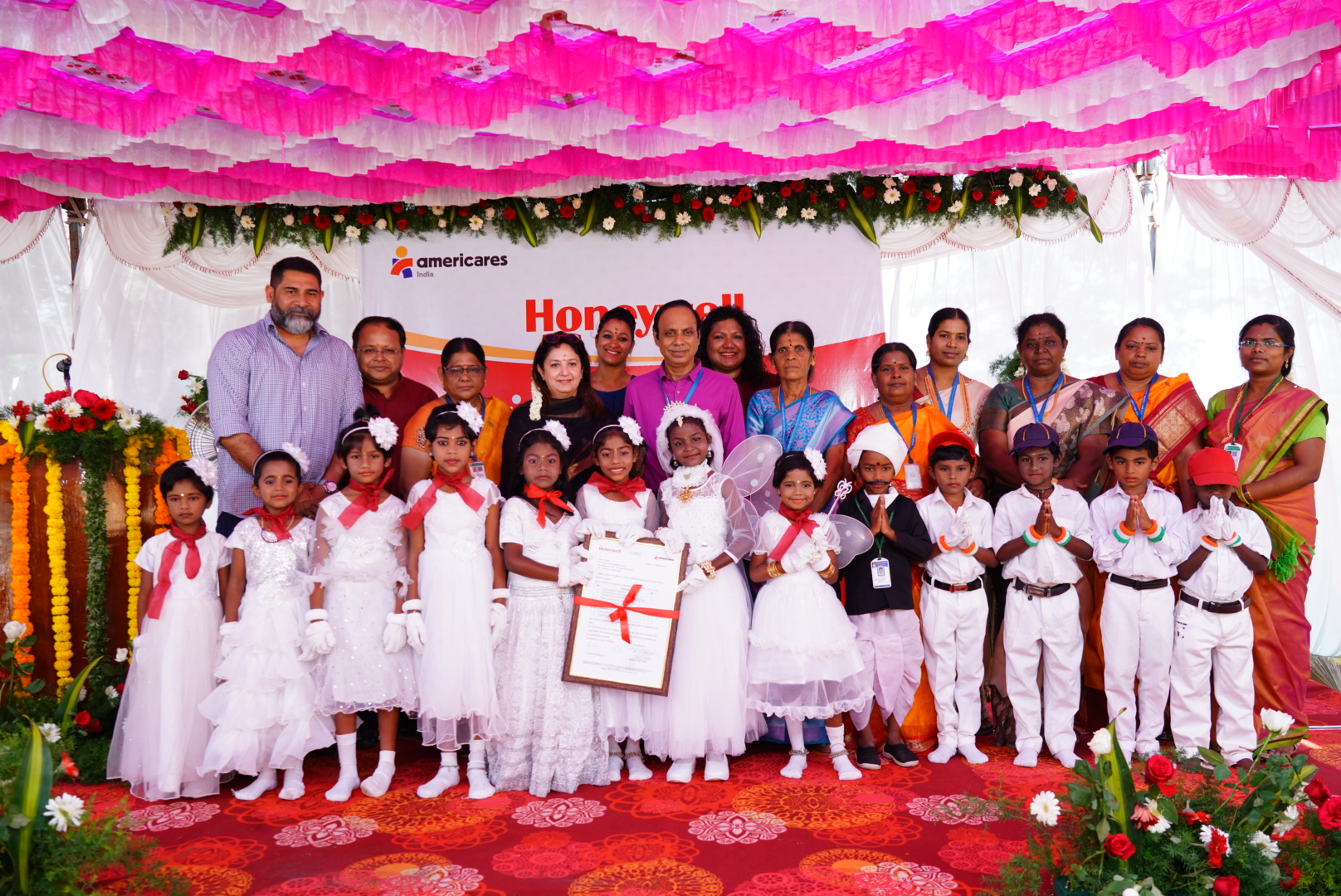Trending Now
- 830 voters names go missing in Kavundampalayam constituency
- If BJP comes to power we shall consider bringing back electoral bonds: Nirmala Sitaraman
- Monitoring at check posts between Kerala and TN intensified as bird flu gets virulent in Kerala
Tamilnadu News
Why India’s COVID-19 Numbers Are Misleading
![]() March 23, 2020
March 23, 2020
As on March 23, India had a total of 415 Coronavirus-positive patients.
Tamil Nadu reported nine cases, of which one was cured and discharged.
Andhra Pradesh had six positive cases, while Telangana had 30 positive cases.
In Kerala, the count is at 95 on Monday, while Karnataka was at 26 as of March 22.
In each of these states though, and in fact, even in the country, the number of positive cases is a misleading figure.
Why?
Because they do not tell the real story. And the real story is one of inadequacy of testing for the virus.
The Tests So Far
As per a press release from the Indian Council for Medical Research (ICMR) dated March 23, India has so far tested 18,383 samples.
While this is a tiny figure in comparison to what the rest of the world is doing in terms of testing, state governments in south India are also showing meagre progress.
The details of the number of samples tested by the south Indian states is shown in the table below.
When queried about India not testing enough, Dr Balram Bhargava, Director General, ICMR responded at a press conference in New Delhi on March 22 that India is ramping up the capacity for testing.
“We have tested around 15,000 to 17,000 people so far,” said Dr Bhargava. “We are increasing our capacity to be able to test 10,000 patients per day. That means we can do 60,000 to 70,000 tests per week.”
Dr Bhargava then went on to compare India’s testing capacity with that of other countries that are suffering a Coronavirus outbreak.
“In France, they test 10,000 per week. In UK, they test 16,000 per week. In USA, they test 26,000 per week. In Germany, they test 42,000 per week. In Italy, they test 52,000 per week and in South Korea, they test 80,000 per week,” he stated.
The numbers, again, seem promising. But it is in fact, comparing apples and oranges.
When populations of these countries are taken into account, it is evident that not only is India far behind the curve, but has double the population of all of these countries put together.
In fact, the entire population of the United Kingdom is comparable to that of the state of Karnataka. The population of South Korea is comparable to that of the state of Andhra Pradesh.
France’s entire population is more or less equivalent to that of the state of Tamil Nadu alone. And Tamil Nadu is doing nowhere near the number of tests that France is currently doing every week.
We will look at Tamil Nadu’s case a bit more in detail to illustrate how dire the situation really is.
But first, it is necessary to understand how the test for the Coronavirus is done.
How The Test Is Done
The Lede spoke to infectious diseases specialist, Dr V Ramasubramanian, consultant with Apollo Hospital and Capstone Clinic in Chennai to understand how the test for COVID-19 is done.
“There are three types of tests for the virus,” said Dr Ramasubramanian. “The first one is the direct detection of the gene using a PCR test. PCR stands for polymerase chain reaction. The sample for this test is taken through an esopharyngeal or a nasal swab. From the first day itself, this test can show if the sample is positive,” he said.
This is the most sensitive test according to the specialist. “The second test is an antigen test. In this, you don’t test exactly for the virus itself but you test for some other antigen that is associated with it. This test is useful from day two of infection,” he explained.
The third test, according to the specialist, is a serological test, commonly known as a blood test. “This is called the antibody test, because when your body is fighting an infection, it generates excess antibodies. This test can be useful from five to seven days after infection,” he said.
Test kits usually handle one sample, unless it is specifically designed to test 10 samples. “There are primers and probes in test kits, which are basically genetic material. The primer initiates the reaction and the probe tags or attaches to the genetic material of the virus. Each virus has a different genetic sequence so tests are specific to that particular virus. The probe has a complementary strand of RNA (Ribonucleic Acid) which attaches to the COVID-19 gene. Reagents are materials used to create a conducive environment for the reaction,” he explained.
The specialist also explained that there are two types of sampling. One is screening and the other, confirmatory assays.
“Screening is a less specific but a more sensitive test,” said Dr Ramasubramanian. “It could pick up other viruses as well. But the confirmatory assay is a much more specific test for the COVID-19 virus,” he said.
When queried about the time taken for each test, he stated that results could be got in four to six hours.
Tamil Nadu: A Case Study
The Lede queried the Tamil Nadu Health Secretary Beela Rajesh about the availability of test kits, primers and probes as well as reagents.
In a message, the senior IAS officer stated – “We have kits to test 500 samples. We have primers and probes for performing screening and confirmatory assays. We have reagents for screening 500 samples. For performing confirmatory assays we have reagents to test 300 samples. Per day we can test around 60 samples. At KIPM both screening and confirmatory tests are done. Theni, Thiruvarur and Tirunelveli medical colleges can perform confirmatory assays,” she wrote.
KIPM is the King Institute of Preventive Medicine in Chennai.
60 samples a day would mean 420 samples a week. Tamil Nadu is doing a mere 4.2% of the testing that France, with an equivalent population, is doing, at 10,000 a week.
It is no wonder then that the numbers of Coronavirus positive cases in the state is still in single digits, while France has crossed 16,000 cases.
India and its states, are simply not testing enough, as advocated by the World Health Organisation (WHO). A week ago, WHO Director General Tedros Adhanom Ghebreyesus said at a press conference in Geneva – “We have a simple message to all countries – test, test, test. All countries should be able to test all suspected cases, they cannot fight this pandemic blindfolded,” he emphasised.
In Tamil Nadu at least, testing needs to be ramped up by at least 24 times if we need to reach France’s testing levels. Even that may not be enough.
“It is true, we have a grim situation on our hands,” said another senior bureaucrat who is involved in the strategy to battle the virus in the state. “But the WHO guidelines are simply not feasible in a country like India. The only thing we can do now is to ensure that the virus does not spread to the rural areas. It is in the cities at the moment. We need to spread the awareness to every nook and corner of every village that social distancing needs to be implemented very strictly. That is the only way to battle this,” he said.
There are many questions that beg answers.
The Lede will continue to probe the authorities and find out what the situation truly is.


























